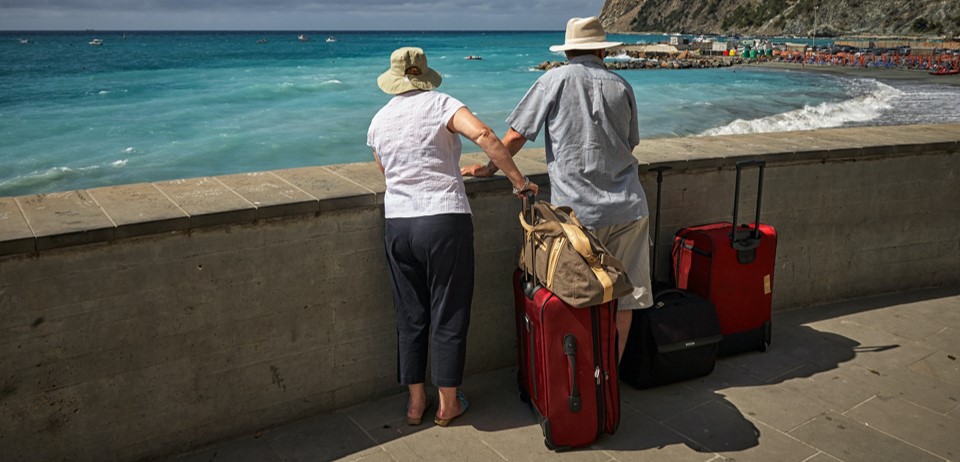A lot of women are travelling during pregnancy whether it is for leisure or for business. Generally, travelling during pregnancy is safe; however, certain risks may arise due to the changes of the women’s physiology. Here are some tips:
Before You Travel
Vaccinations and Pregnancy
Typically, physicians don’t recommend that pregnant women get live vaccines for measles, rubella and mumps. But for some cases, inactivate vaccines such as hepatitis B are safe to take. Before anything else, make sure that you have discussed it with your doctor about the vaccines your need to take or not to take.
Preventing Malaria
Malaria can be a very serious health condition for a pregnant lady. You should avoid destinations with suspected malaria cases are high. If you still need to travel despite the situation, get an advice from your doctor. Additionally, bring with you some mosquito repellant and anti-malaria medicines that are taken for expecting women. Moreover, while travelling, wear long sleeve clothing to protect your from the mosquito bites.
Transportation Risks
Once you landed in your destination area, try to minimize prolong bus transfers specially broken roads and using motorcycles. If you have a lot of heavy luggage with you, ask someone to carry it all the way.
Travelling by Air
Generally, women who are expecting a child is safe to travel by air as long as she is in the 36-week gestation period. Many of the air carriers have restrictions that may need the written consent from the doctor. Make sure that you have checked with the airline about your condition and confirm with them first before your fly.
Expecting women have high changes of developing vein blood clots or so called “deep vein thrombosis (DVT)”. To avoid this condition, regularly walk around the plane cabin, work out lower leg parts, avoid long sitting and always keep hydrated. Find out more ways to make your flying more enjoyable.
Travel Sickness
Pregnant women can sometimes be sensitive in during travel. They may experience headache or vomiting during the trip. If you think you have a motion sickness, check with your physician about the right medications to bring.

















